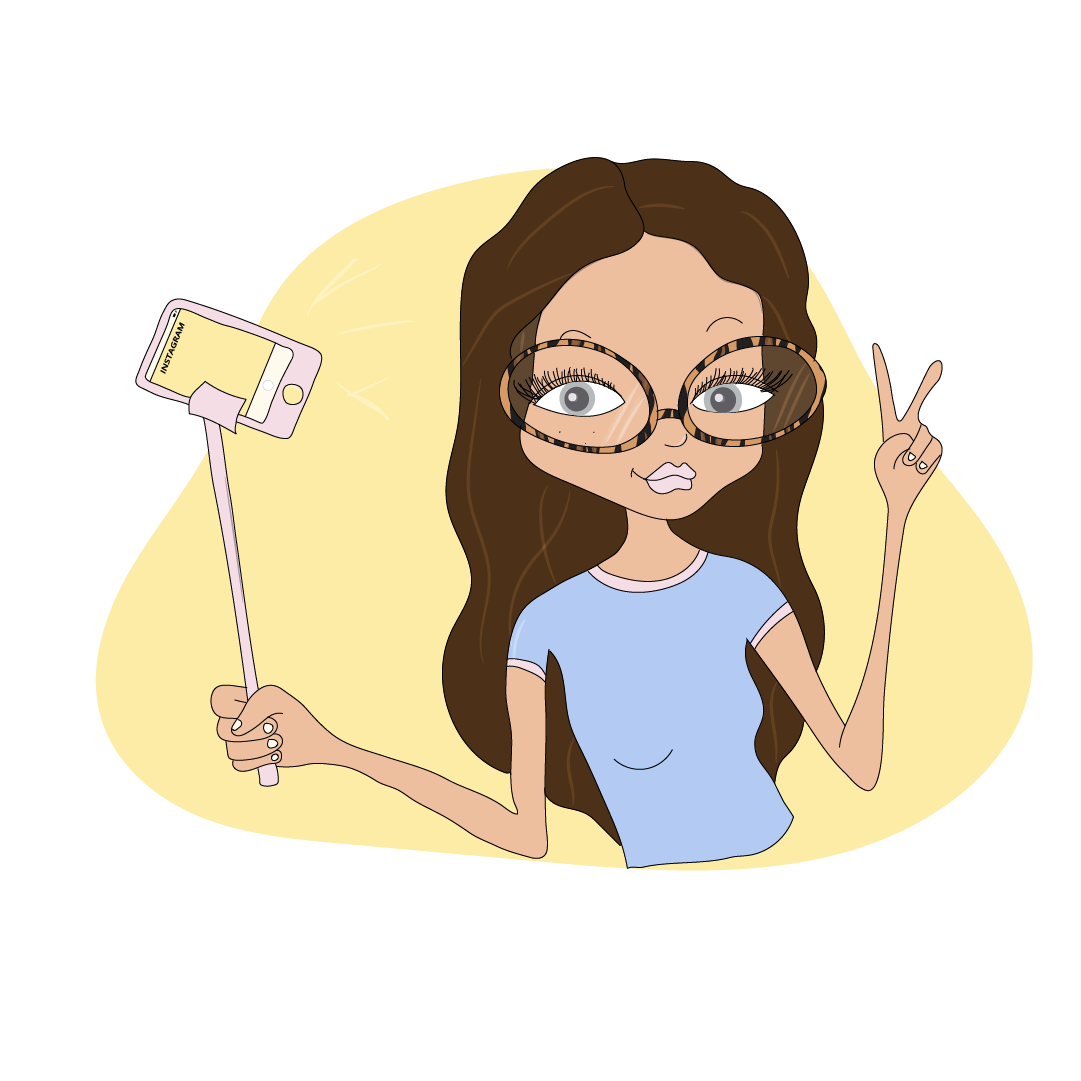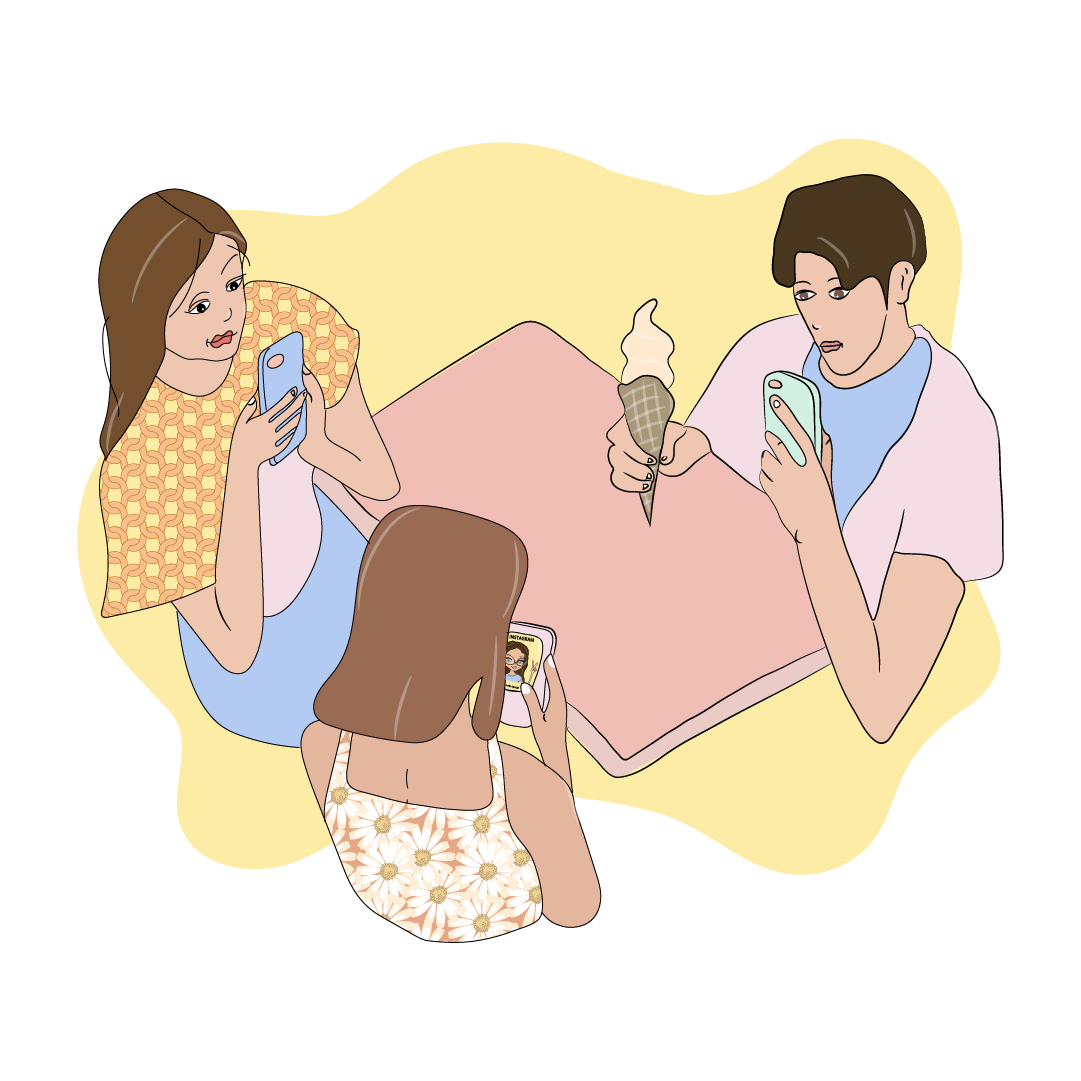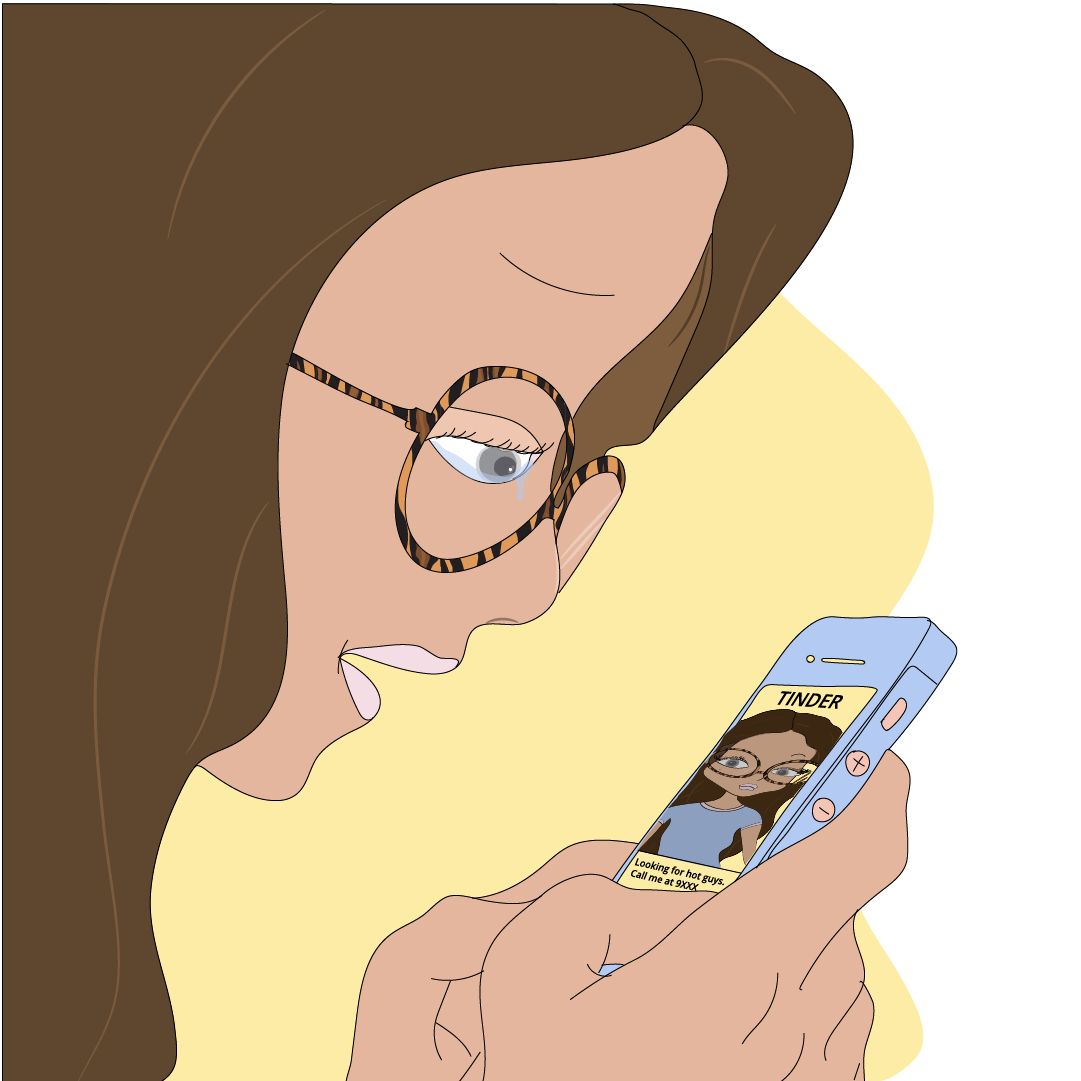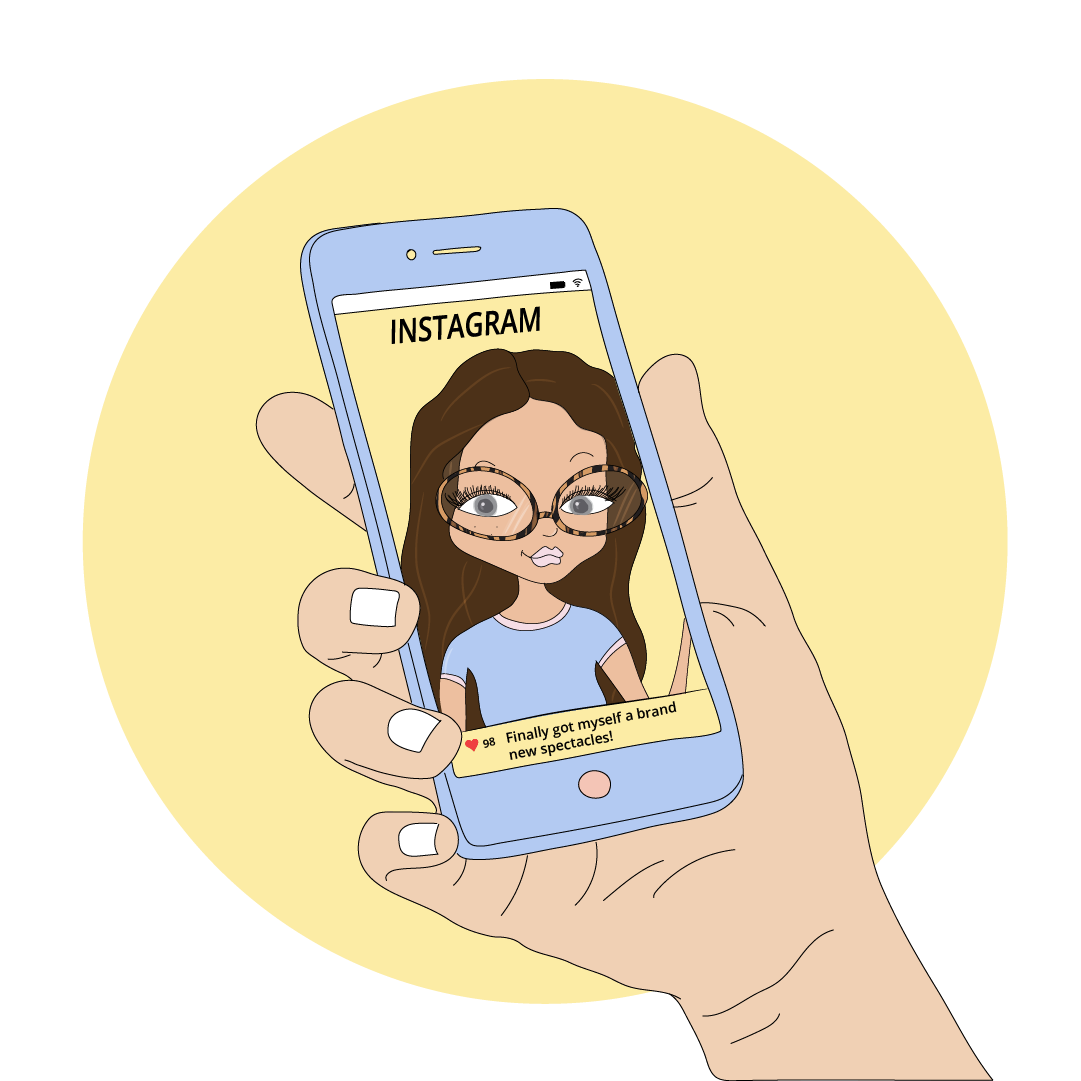
Nikita took a new selfie and posted it onto her Instagram page today.

You and your friends were scrolling through Instagram and saw her new selfie. Hiromi suggested using Nikita’s photo and posting it onto another platform to tease her.
Kayden: Hey did you guys see Nikita’s new photo on Instagram?
Hiromi: Hah… I know right. Who does she think she is? Hey actually, wouldn't it be funny if we put her photo onto an online dating platform?
You: I'm not too sure about this... but since Nikita has already posted it up on her social media… there’s no harm in using it on another platform right?
How would you respond?

Nikita received direct messages from strangers asking her to meet up for a date. She’s in shock as she knows that she doesn’t use ‘Tinder’ and that someone is out there impersonating her.
Oh no… You and your friends have caused Nikita to feel upset, anxious and threatened by using her selfie without her consent. It is essential to recognize that any form of online harassment can have lasting and damaging effects on the target and the people around them.
Posting someone’s photo online without their consent could be considered as doxing if done with the intention to threaten or harass them. It is also against the law to be impersonating someone else online.

You made the right decision!
Posting someone’s photo online without their consent could be considered as doxing if done with the intention to threaten or harass them. It is also against the law to be impersonating someone else online.
Online behaviour that goes out of the way for someone by intimidating, threatening, humiliating, coercing or exploiting can cause the individual and/ or the people around them to suffer long lasting social and psychological consequences.